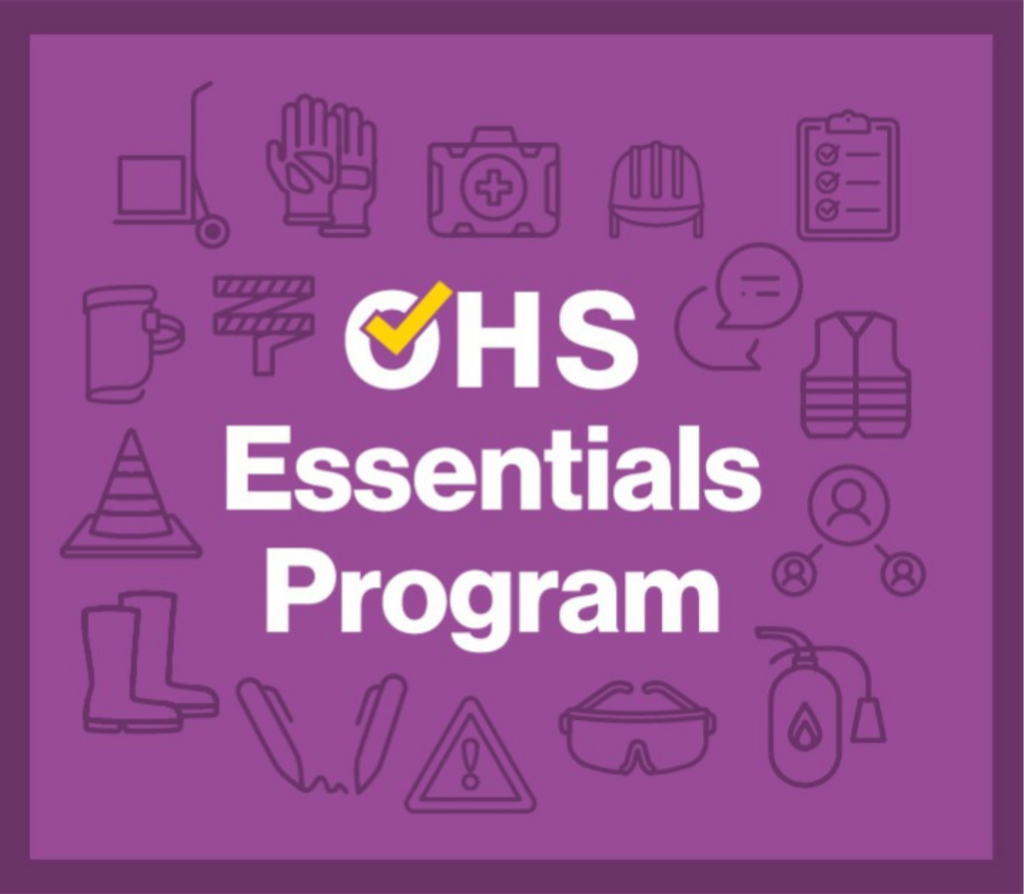The Australian industry Group’s (AiG) Centre for Education and Training has just released its 2022 Skills Survey. It shows that VET-qualified people and programs are right at the heart of addressing skill shortages and needs.
Conducted every two years, this time it received 342 individual responses from representatives of a wide range of Australian companies. The respondents included companies both large and small from right across the country and from a range of industry sectors.
The big messages
About skills shortages
The study found that, in relation to skills shortages: “69% of businesses said their skill needs had increased in relation to Technicians and Trades Workers, 45% in relation to Professionals, 43% for Managers, 38% for Machinery Operators and Drivers and 37% for Labourers.” In addition, “71% of businesses reported difficulty meeting their requirements for Technicians and Trades Workers, showing a deep and entrenched shortage of workers in these occupations.” Indeed, businesses saw that “recruiting Technicians and Trades Workers is a particular pinch point.” Skilled migration is now also really ‘up there’ as one of the ways to help address these shortages.
In relation to skill needs
Improving digital skills are seen as important too, particularly for technicians and trades workers: 29% of businesses rank it number one and 62% have it among their top three. The need for better generic capabilities and foundational skills are also highlighted in the report, which notes that:
- “The need for generic capabilities increased most in relation to Managers (56%), closely followed by Technicians and Trades Workers (54%) and Professionals (44%), [and]
- Foundation skills remain a key issue for businesses. Close to three out of four (74%) said they are affected in some way by low levels of literacy and numeracy. 17% said they were highly affected.”
AiG reports that: “When employing school leavers or graduates, 28% of businesses indicated that a positive attitude/general capability was their most preferred attribute when recruiting.” Relevant qualifications and work experience come next at 19 and 18% respectively.
The needs of the clean economy are in the mix too.
Increasing spending on training and development
Businesses see the need to spend more on training and development, “with 82% of businesses intending to either maintain or increase the amount they spend on staff training and development in the next 12 months.” Of these, “51% plan to increase expenditure on training and development in the coming year, and 31% intend to maintain current levels.” Short courses remain the most preferred form of training.
Around 60% said they would train their existing employees whether or not they had government-funded support. Interestingly too, “74% of businesses expressed interest in employing university or TAFE students as higher-level apprentices or cadets, indicating a strong appetite for new apprenticeship-style training contracts beyond the traditional trades.” In fact, around 45% of those companies employing apprentices plan to increase numbers over the coming year.
In terms of where they would source this training, the survey found that 27% would use TAFE or a private RTO, while 24% would use their in-company training capacity, a private training company (20%), a vendor or consultant (17%) or a university (12%). The report found that,
“for short courses, in-house/own company trainer was the most preferred option (37%) closely followed by private training company/ events company (36%). Universities were the least preferred provider for these types of short courses. For micro-credentials, universities were again the least preferred provider (7%), with TAFEs and private Registered Training Organisations the most preferred (16%).”
Priorities for policy
Those who follow these sorts of things will see consistency in AiG’s policy advocacy. They include improving digital skills for a wide range of individuals and groups, including “upskilling older workers, and a focus on digital inclusion for those in danger of being left behind.” They see lifelong learning as important too so that the “education and training system … can rapidly and flexibly upskill existing workers” – including for managers – by increasing the delivery and integration of “short, stackable training options like micro credentials.” However, this will require implementing the findings of the Noonan Review of the AQF, which – as another VDC News article earlier this year suggested – has been problematic so far. A more coherent tertiary education system is also required, AiG believes, where the current barriers for students wanting to move between the VET and higher education sectors or minimised or removed.
Funding, as always, is an issue with the paper calling to ensure that:
- “tertiary education funding is equitable across sectors, sufficient to deliver access and equity principles and [supportive of] both public and private providers” and
- “there are appropriate incentives for employers and those in training to participate so that there are “consistent training pipelines over time.”
Better completion rates would also help!!








